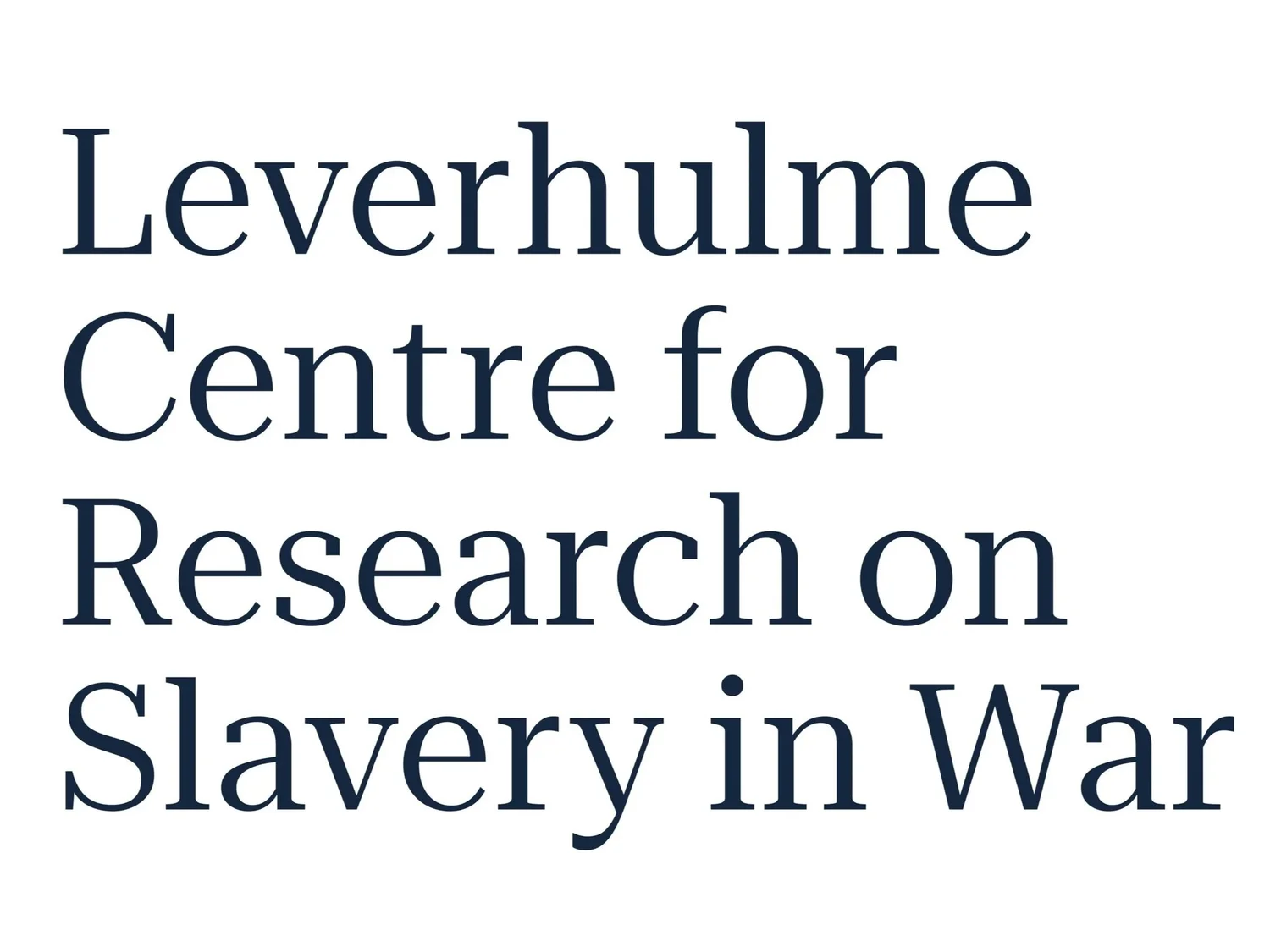
Tackling
How have interventions sought to address slavery in and after war?
What makes interventions effective in addressing slavery in and after war?
Our research strand investigates how interventions have sought to tackle slavery in war, both during conflict and in its aftermath. By mapping and assessing legal, policy, and programmatic responses across time and place, we aim to understand what works, where, and why — and to develop new strategies for prevention, justice, and long-term recovery.
We will build a comprehensive database of national, regional, and global legal frameworks that regulate armed conflict and prohibit slavery and evaluate how these frameworks interact. Through large-scale analysis and in-depth case studies, we will map and classify interventions across geographies, scales, and sectors, assessing their design, delivery, and effectiveness. Our work spans the different stages of war recognising that slavery dynamics shift over time and require tailored responses at each stage (before, during, after).
Combining qualitative and quantitative methods, we will evaluate systems for accountability, recovery, repair, and resilience. Drawing on survivor narratives, data on slavery’s manifestations, and early warning indicators, we will examine how diverse actors and conditions shape intervention outcomes. Our participatory, intersectional approach ensures that the voices of those most affected guides the development of new frameworks and tools.
Research Co-Leads
-

Dr Katarina Schwarz
-

Dr Leonie Ansems de Vries
-

Professor Todd Landman
-

Dr Rebekka Friedman
